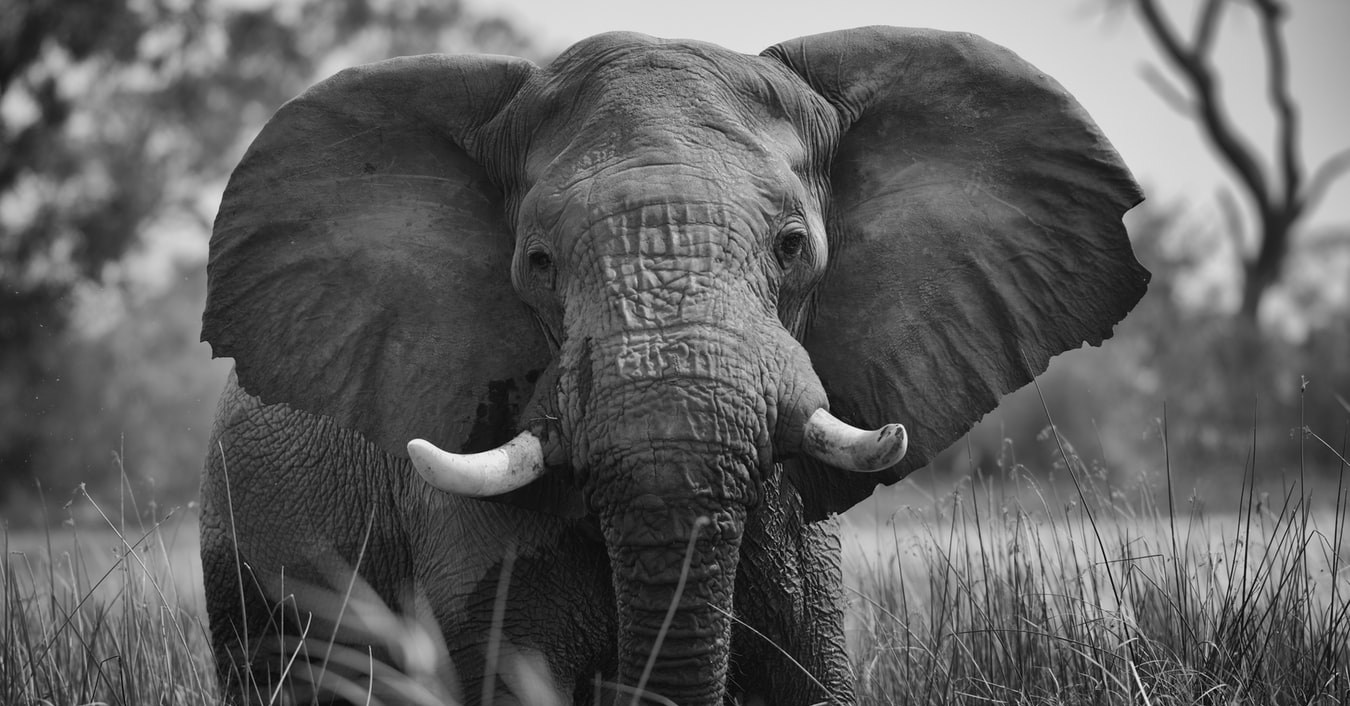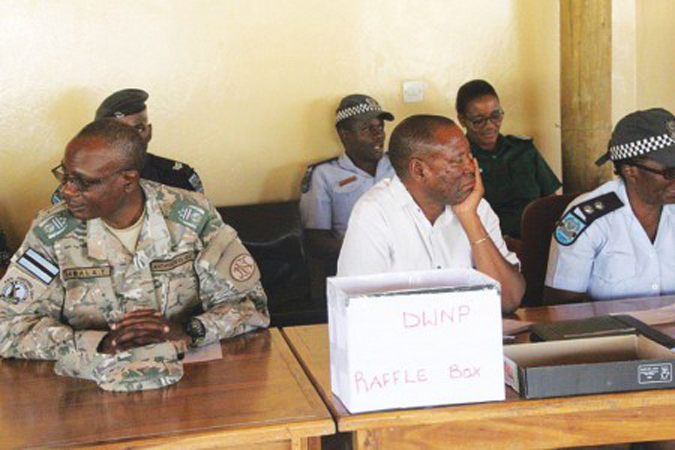
NEWS DESK POST with information sourced from Mmegi Online
Recently the Botswana government declared the opening of the hunting season for 2019, having lifted the ban on elephant hunting earlier this year.
According to the Department of Wildlife and National Parks (DWNP), a reserve quota of 86 elephant hunting licences has been set aside for Botswana citizens (at the price of BWP 8,000 each), while an open quota of 72 licences for next year’s hunting season (expected to begin in April) is allowed for non-citizens. The licenses will be awarded to non-citizens through a bidding process, while a nationwide raffle system will award licences to citizens.
Recently one of these raffles was held in Maun (for hunting concession NG9, with a total of 111 animals to be hunted, including eight elephants), where almost 6,000 people turned up for the chance to win one of the eight elephant licences reserved for the area.
According to Boniface Keakabetse who was at the raffle in Maun, numbers showed that at least 30,076 people registered to participate in the raffles across the various species on offer, which include impala, baboon, ostrich, warthog, steenbok, duiker, wildebeest and kudu. In Maun, at least 5,990 registered for a chance to receive an elephant hunting licence.

However, once the raffle was concluded, those few who had received an elephant hunting licence were left frustrated after the terms and conditions were subsequently announced: The licenses to hunt elephants cannot be transferred to anyone else, including non-citizens. They are expected to pay the hunting licence of P8,000 (US$720). They cannot sell or export the tusks. The hunt has to be supervised by a professional hunter and professional guide, as well as a tracking team and DWNP personnel.
These conditions will be enforced strictly, with penalties and censures in place for transgressors

The strict T&Cs did not go down well with the winners, particularly that they cannot transfer the elephant hunting licences.
Bogosi Thutoetsile (53) from the Shashe ward in Maun was one of the few picked for an elephant licence.
“When the government announced the citizen hunting quota, I immediately applied. I am happy that I have ‘won’ an elephant,” Thutoetsile said. “I had hoped I would be able to sell the tusks. I don’t eat elephant meat so I do not know what I am going to do with it. I think as citizens we should be allowed to sell the licences to commercial hunters or export the tusks to improve our livelihoods.”
The cost of the licence is another concern for Thutoetsile. “That money is too much when you consider that I cannot sell the tusks. There are other costs I will incur like transportation and accommodation costs to NG9 to hunt the elephant.”
The government appears aware of the concerns expressed by citizens and says that the hunting season will start off “slowly and cautiously”, with the first session of the season (which runs between September and November) used to test the hunting guidelines and gauge the demand amongst its citizens for hunting.
To comment on this story: Login (or sign up) to our app here - it's a troll-free safe place 🙂.![]()






